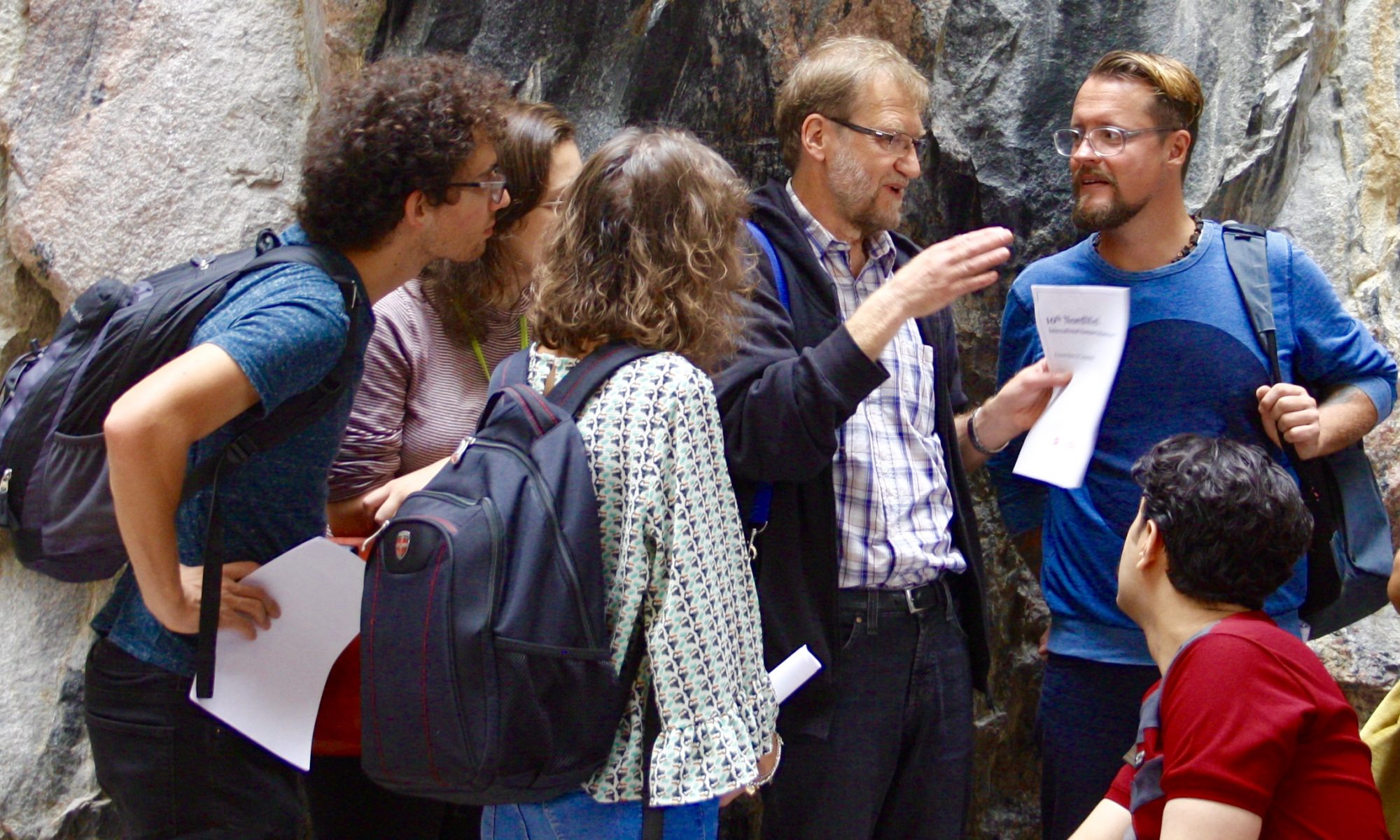Health Care and Social Interests
– Historical perspectives to the Nordic Welfare State
Date: 21 April 2008, 10.00-17.00
Place: University of Helsinki, Metsätalo, Unioninkatu 40, lecture room 10
In all the Nordic countries the large publicly provided welfare services are undergoing a reform as part of a broader reconsideration of welfare state. The reform is motivated by the increasing financial burden of governments and the simultaneous desire to improve the resource allocation to welfare services. New welfare policies introduced under the term New Public Management emphasize competition, reorganisation of public sector and business principles. An ideological shift is taking place as the new market-oriented ideology challenges the older idea of state provided public goods.
This development has immediate implications for the actors in health care, not just for providers of services, but also for the users of health services and the health workers. Tensions inherent in the transformation are reflected among others in citizens’ decreasing trust in services and employees dissatisfaction in their work. A striking and recent indication of these tensions is found in Finland, where nurses arranged a strike in form of mass resignation in autumn 2008. The strike brought up questions concerning the legitimacy and nature of public service, the organisation of health care including the relationship of public and private interests, the responsibilities and rights of health care workers as well as the availability of and competition over labour in the health care labour market.
In this seminar the current changes and tensions in health care in the Nordic countries are approached from a historical perspective. These questions are discussed by researchers from different disciplines and Nordic countries. Invited lecturers include: Svein Ivar Angell (Stein Rokkan Centre for Social Studies, Norway), Agneta Emanuelsson-Blanck (Uppsala University, Sweden), Sirpa Wrede (University of Helsinki, Finland), Hanne Marlene Dahl (Roskilde University, Denmark) and Heidi Haggrén (University of Helsinki, Finland).
Programme will be updated on NordWel’s web page by the end of March.
The seminar is organized by the Nordic Centre of Excellence: The Nordic Welfare State – Historical Foundations and Future Challenges (NordWel) and it is part of the activities of the theme group The Normative Charges of Work: The Labour Market and the Welfare State.
The seminar is open to everyone. Please register with heidi.haggren@helsinki.fi no later than Thursday 17 April.
PROGRAMME
10.00 Opening of the seminar
– Pauli Kettunen, University of Helsinki
10.15 Making A People Healthy: Child health care and hospitals in the expanding welfare state in Sweden ca 1900-1950
– Agneta Emanuelsson-Blanck, Uppsala University
11.15 Coffee break
11.30 Legitimacy of the Norwegian hospital system in historical perspective
– Svein Ivar Angell, Stein Rokkan Centre for Social Studies
12.30 Lunch
13.30 NPM, Home helpers and gendered Struggles of Recognition
– Hanne Marlene Dahl, Roskilde University
14.30 Coffee break
14.50 Social interests, loyalties and the legitimacy of collective action. The collective interest articulation of nurses in post-war Finland
– Heidi Haggrén, University of Helsinki
15.50 Border quarding, but at what cost? A nationalist culture of professionalism meets the global age
– Sirpa Wrede, University of Helsinki:
17.00 Seminar ends
